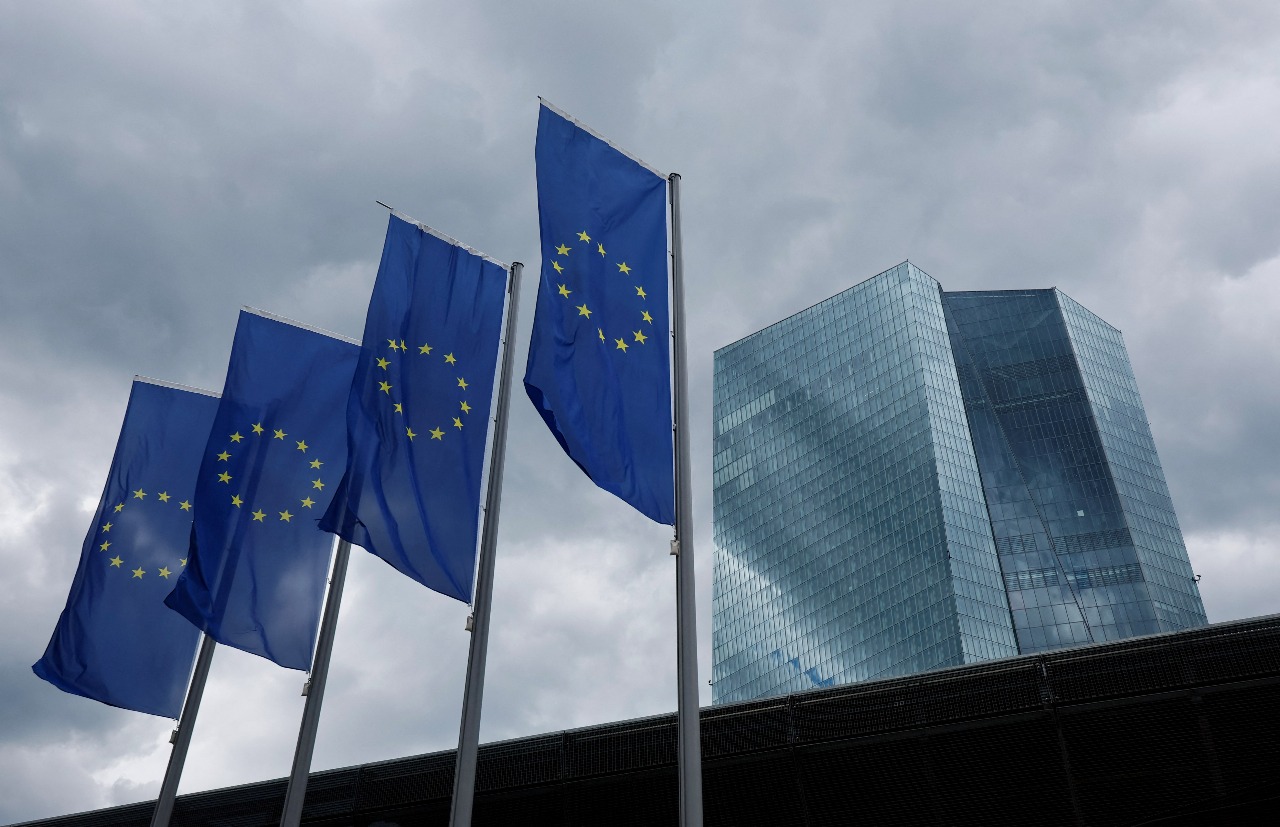Inflation in the euro zone has eased below the European Central Bank’s target, reinforcing market expectations for another interest rate cut. The latest data from Eurostat indicates that consumer price inflation in the 20 countries using the euro slowed to 1.9 percent in May, down from 2.2 percent in April. The decline was primarily driven by falling energy prices and a sharp reduction in services inflation.
Key Developments in Euro Zone Inflation Trends
- Core inflation, which excludes volatile fuel and food prices, dropped to 2.3 percent from 2.7 percent, signaling a broader slowdown in price pressures
- Services inflation declined to 3.2 percent from 4.0 percent, contributing to the overall easing of inflationary trends
- The ECB has implemented seven consecutive rate cuts since June 2024, with another reduction anticipated in its upcoming policy meeting
- Analysts expect the ECB to lower its deposit rate by 25 basis points, bringing it closer to 2 percent
Factors Influencing the ECB’s Policy Decision
- The euro’s strength and declining oil prices have contributed to easing inflationary pressures
- Global trade tensions, particularly US tariff policies, continue to impact economic stability in the euro zone
- The ECB faces a policy dilemma as short-term inflation trends suggest further easing, while long-term risks could push prices higher
Future Outlook and Market Implications
- Investors anticipate that the ECB may pause rate cuts after June to assess economic conditions
- The euro zone’s economic performance remains under scrutiny, with concerns about sluggish growth and external trade uncertainties
- The ECB’s decision will be closely watched for signals on future monetary policy adjustments
Source : Eurostat, European Central Bank, Reuters.
